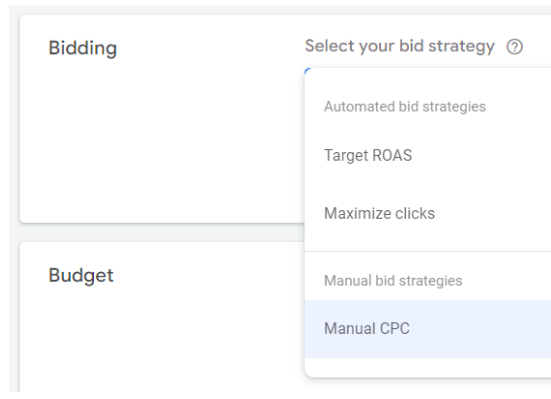Generative AI (genAI) is redefining the marketing landscape, offering Chief Marketing Officers (CMOs) an unparalleled opportunity to lead innovation within their organizations. As AI technology advances, marketing departments are emerging as front-runners in adopting and integrating genAI, driving new strategies and reshaping customer engagement.
Today, almost 70% of marketers are either actively using genAI or plan to do so in the near future. In contrast, less than 54% of executives in other departments are considering or preparing for genAI implementation. This highlights the pivotal role CMOs play in embracing technology and leading transformation across their companies. By leveraging genAI, CMOs can improve campaign effectiveness, develop personalized strategies, and deliver stronger business outcomes, gaining a competitive edge in a fast-evolving market.
As marketing leaders embrace genAI, they are setting new standards in customer experience, enabling more personalized and data-driven approaches. CMOs are uniquely positioned to lead AI adoption within their companies by focusing on three key areas: aligning AI with business goals, transforming the workforce, and managing emerging risks.
1. Aligning AI with Business Goals
For AI projects to be truly effective, they must be tied to measurable business outcomes. CMOs need to ensure that AI initiatives are not just about adopting the latest technology but are directly linked to solving core business challenges, such as boosting revenue, reducing costs, or enhancing customer satisfaction.
Strategies to align AI with business outcomes
– Solve Key Issues: Identify specific business challenges that AI can address, such as improving sales or reducing product returns, to generate tangible benefits.
– Adopt the Right AI Tools: With various AI solutions available, CMOs should choose tools that align with their company’s unique needs. Focus on use cases that offer clear value and contribute to business objectives.
2. Transforming the Workforce
While AI offers transformative benefits, employees may feel uncertain about its impact on their roles. CMOs must address these concerns by fostering a culture of learning and collaboration, ensuring that employees understand how AI can enhance rather than replace their work.
Ways to ease AI integration in the workforce:
– Create Learning Communities: Encourage regular team meetings to share insights and experiences with AI, helping employees become comfortable with the technology.
– Set AI Guidelines: Establish clear policies on responsible AI use to foster trust and build confidence in its implementation.
– Provide Training: Equip teams with the skills to use AI effectively, whether for creative work, data analysis, or other key tasks. Extend training to external partners as well to ensure smooth integration.
3. Managing AI Risks
As AI becomes more prevalent, new risks emerge, such as misinformation or the misuse of AI-generated content. CMOs must take a proactive approach to managing these risks and ensuring ethical use of AI.
Steps to manage AI-related risks:
– Ensure Content Authenticity: Implement standards to verify the authenticity of content and clearly label AI-generated images or information to avoid confusion or misleading customers.
By mastering these areas, CMOs can lead their organizations through successful AI adoption, positioning themselves as key players in driving business growth and innovation. With genAI, CMOs are not just adopting new tools—they are setting the foundation for the future of marketing, transforming how businesses connect with their audiences.
Shaping the Future of Marketing with AI🌟
As generative AI reshapes the marketing industry, CMOs are uniquely positioned to lead their organizations through this transformation. By aligning AI initiatives with business objectives, marketing leaders can unlock new ways to drive revenue, enhance customer satisfaction, and achieve measurable results. AI adoption in marketing isn’t just about keeping up with trends—it’s about creating a competitive edge through smarter, more personalized strategies that deliver real value.
One of the most significant advantages CMOs have is their ability to transform how their teams work. By fostering a learning culture and equipping employees with the skills to integrate AI into their daily tasks, they can mitigate fears of job displacement while enhancing creativity and efficiency. As teams grow more confident using AI for tasks like data analysis and personalized content creation, marketing departments will become centers of innovation within their organizations.
However, with these advancements come new challenges, particularly around the ethical use of AI. CMOs must be proactive in managing the risks associated with AI, such as misinformation or content authenticity. Establishing clear guidelines and transparent practices will not only build trust within the organization but also with customers, ensuring AI is used responsibly and effectively.
In embracing AI, CMOs are not just adopting new technology—they are leading a revolution in how businesses engage with their audiences. Those who take charge of AI implementation will drive more impactful marketing strategies, build stronger customer relationships, and position their brands for long-term success in an AI-driven world.









Leave feedback about this